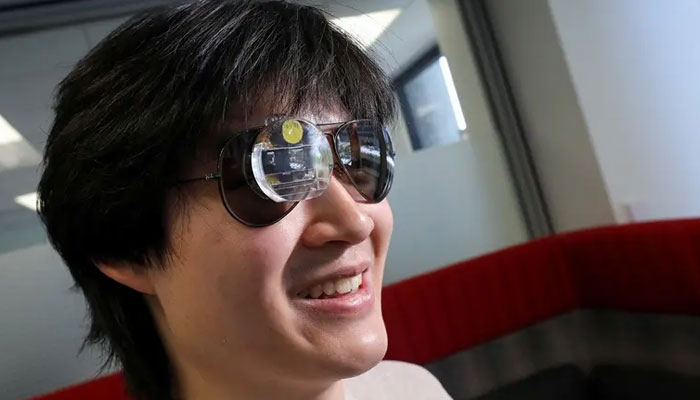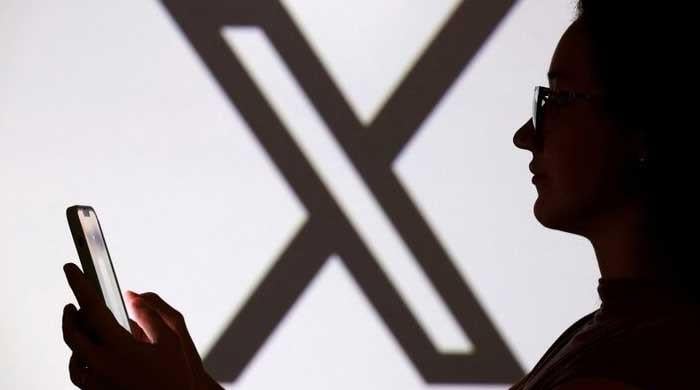Better conversations made easy with ChatGPT's latest advancement
Combination of innovative hardware, intelligent algorithms, and seamless connectivity could pave way for new era of human-computer interaction
May 26, 2023

Stanford University computer science student Bryan Chiang had a brilliant idea. He wanted to explore whether ChatGPT, the AI language model, could help people have better conversations.
So, armed with an augmented reality eyepiece and his laptop, he embarked on a project. Chiang teamed up with friends to develop RizzGPT, an AI-powered monocle.
The monocle, designed by Brilliant Labs, featured a camera, a microphone, and an internal projector screen. When someone spoke to the user, RizzGPT captured the conversation through the microphone, transformed it into text, and sent it to ChatGPT via WiFi. ChatGPT generated a response, which appeared on the small monocle screen.
"RizzGPT basically uses AI to provide you charisma on demand," explained Chiang. "It listens to your ongoing conversation and tells you exactly what to say next."
During a demonstration, Chiang was asked about his biggest weakness. After a short delay, he read the response from the monocle: "I believe my biggest weakness is that I can be too hard on myself sometimes. I'm always striving to do my best and sometimes I can burn myself out."
The prototype had its limitations. The delay and response lacked naturalness and charisma. However, Chiang emphasised that it showcased the potential of the technology. He envisioned a future where 5G connectivity, AR glasses, and AI intelligence converged to create a new, more natural way of interacting with computers.
Chiang's goal was not to replace human conversation but to assist individuals in their interactions. He believed that RizzGPT could be particularly helpful for people struggling with social anxiety or difficulties in talking to others.
With RizzGPT, Chiang aimed to revolutionise the way we communicate. By blending AI with augmented reality, he sought to enhance conversations and provide support where it was needed most.
The combination of innovative hardware, intelligent algorithms, and seamless connectivity could pave the way for a new era of human-computer interaction.









